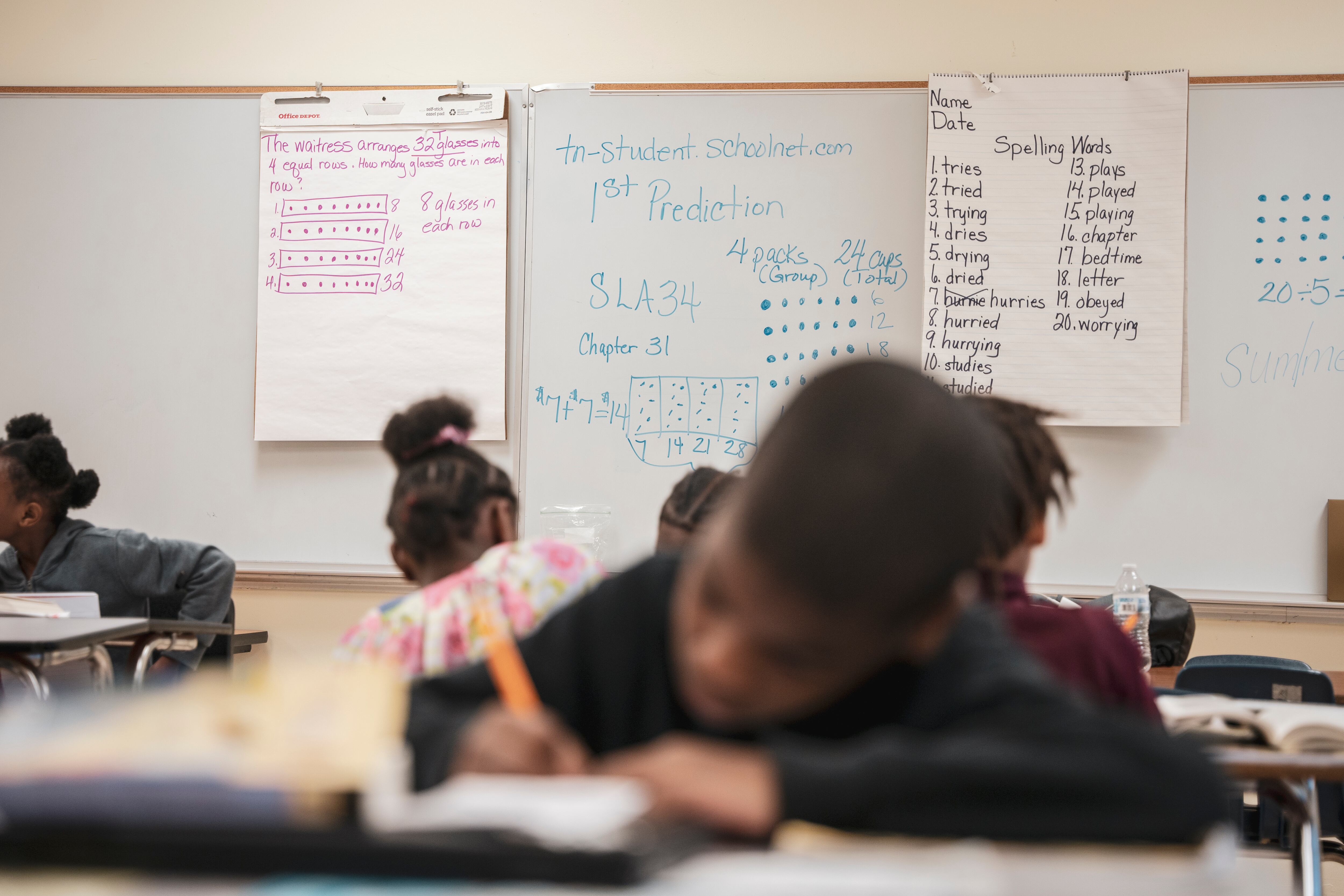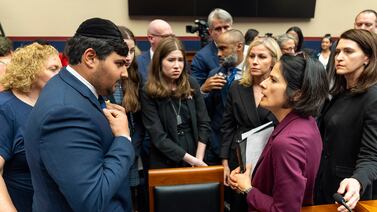Sign up for Chalkbeat Tennessee’s free daily newsletter to keep up with Memphis-Shelby County Schools and statewide education policy.
The typical Tennessee school received a high C under a new formula the state used to assign its first-ever letter grades to schools, according to data released Thursday.
The long-delayed letter grades from the Tennessee Department of Education satisfy the requirements of a 2016 school accountability law, which has been embraced by Education Commissioner Lizzette Reynolds as a simple, familiar way for families to assess local schools.
But just before the first grades were issued, Reynolds led a revamp of the grading formula to emphasize academic achievement, or proficiency, over academic growth. The earlier formula, which was never used to publicly assign grades, was more focused on growth.
The late change angered many educators across the state. Schools serving lower-income families in rural and urban communities have been particularly concerned about the prospect of earning lower marks under the new formula.
Schools that receive D’s or F’s do not receive any additional support from the state, but they are expected to face more scrutiny.
Among Tennessee’s 1,690 schools that received letter grades, 3 out of every 4 received a C or better. A Chalkbeat analysis showed that the median grade-eligible Tennessee school earned a 3.2 out of a possible 5 points, or toward the higher end of the C range.
For now, there is no way to directly compare this year’s letter grades with what they would have been under the old formula. The education department has not yet published the state testing data it used to calculate its letter grades.
An analysis from Memphis-Shelby County Schools, the state’s largest district, showed that sticking to the original formula “would have been more favorable,” said Bill White, the district’s director of planning and accountability. He said the district’s analysis also showed that low letter grades matched up to schools with higher proportions of low-income students.
“Many of our students face significant challenges outside of the classroom …,” said MSCS interim Superintendent Toni Williams. “So we need a more comprehensive assessment system that recognizes student growth, family engagement, and the unique context of each school and its students.”
The education department stood by its new formula when announcing the letter grades Thursday. Reynolds called it a “clear rating system” that gives families “a snapshot of how their child’s school is performing.”
Student academic growth is still a component of the new formula, but it is measured differently now. In the new calculation, Tennessee removed the option for schools to increase their grade by meeting individualized academic benchmarks, rather than the statewide targets.
Only 5% of Tennessee’s graded schools received F’s. Half of these schools are located in Memphis, a Chalkbeat analysis found. Most are within Memphis-Shelby County Schools, and six are charter schools operated under agreements with the state-run Achievement School District or the Tennessee Public Charter School Commission.
MSCS accounted for the largest share of F’s among districts with at least 50 schools, but the most common grade for district schools was a C, according to Chalkbeat’s analysis.
Metro Nashville Public Schools received mostly B’s, C’s, and D’s.
School letter grades are published on Tennessee’s State Report Card website. The dashboard offers additional information about how each school scored across the three or four categories that contribute to the overall grades.
Some schools were not graded because they lacked sufficient test data or served only adults.
You can search for grades by school in the table below.
Laura Testino covers Memphis-Shelby County Schools for Chalkbeat Tennessee. Reach Laura at LTestino@chalkbeat.org.
Kae Petrin is data and graphics reporter for Chalkbeat. Contact Kae at kpetrin@chalkbeat.org.








